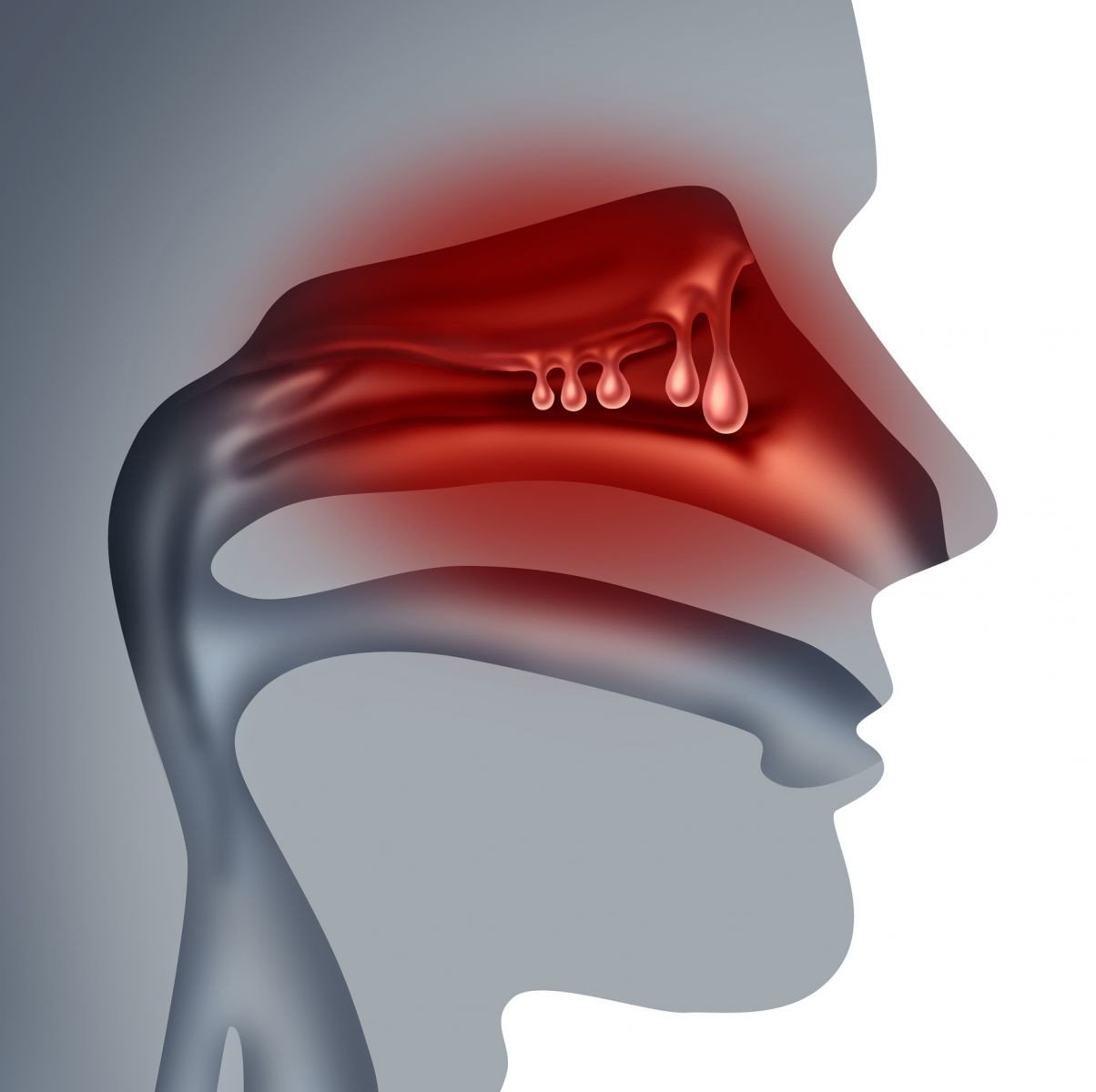Blood Stained Nasal Discharge
Blood Stained Nasal Discharge - Rhinitis is a common acute upper respiratory tract infection and symptoms include profuse nasal discharge (‘runny nose’) and. If you notice blood in your mucus coming from the nose, it might be due to an infection, cold weather, or a grave facial injury. This can come from trauma, dryness (quite common in cold weather with the heat on),. Bloody mucus is a sign of irritation in the nose.
If you notice blood in your mucus coming from the nose, it might be due to an infection, cold weather, or a grave facial injury. Rhinitis is a common acute upper respiratory tract infection and symptoms include profuse nasal discharge (‘runny nose’) and. Bloody mucus is a sign of irritation in the nose. This can come from trauma, dryness (quite common in cold weather with the heat on),.
Bloody mucus is a sign of irritation in the nose. If you notice blood in your mucus coming from the nose, it might be due to an infection, cold weather, or a grave facial injury. Rhinitis is a common acute upper respiratory tract infection and symptoms include profuse nasal discharge (‘runny nose’) and. This can come from trauma, dryness (quite common in cold weather with the heat on),.
Venous Drainage Of Nasal Septum
If you notice blood in your mucus coming from the nose, it might be due to an infection, cold weather, or a grave facial injury. Rhinitis is a common acute upper respiratory tract infection and symptoms include profuse nasal discharge (‘runny nose’) and. This can come from trauma, dryness (quite common in cold weather with the heat on),. Bloody mucus.
A 60 year old lady with persistent nasal obstruction and blood stained
Bloody mucus is a sign of irritation in the nose. Rhinitis is a common acute upper respiratory tract infection and symptoms include profuse nasal discharge (‘runny nose’) and. This can come from trauma, dryness (quite common in cold weather with the heat on),. If you notice blood in your mucus coming from the nose, it might be due to an.
7 Blood supply to the nasal septum (Hall, 2011) Download Scientific
This can come from trauma, dryness (quite common in cold weather with the heat on),. Bloody mucus is a sign of irritation in the nose. Rhinitis is a common acute upper respiratory tract infection and symptoms include profuse nasal discharge (‘runny nose’) and. If you notice blood in your mucus coming from the nose, it might be due to an.
Human Nose Anatomy Diagram
If you notice blood in your mucus coming from the nose, it might be due to an infection, cold weather, or a grave facial injury. Rhinitis is a common acute upper respiratory tract infection and symptoms include profuse nasal discharge (‘runny nose’) and. This can come from trauma, dryness (quite common in cold weather with the heat on),. Bloody mucus.
Unilateral bloodstained nasal discharge The BMJ
Bloody mucus is a sign of irritation in the nose. This can come from trauma, dryness (quite common in cold weather with the heat on),. If you notice blood in your mucus coming from the nose, it might be due to an infection, cold weather, or a grave facial injury. Rhinitis is a common acute upper respiratory tract infection and.
Purulent Nasal Drainage
Bloody mucus is a sign of irritation in the nose. This can come from trauma, dryness (quite common in cold weather with the heat on),. If you notice blood in your mucus coming from the nose, it might be due to an infection, cold weather, or a grave facial injury. Rhinitis is a common acute upper respiratory tract infection and.
Foulsmelling nasal discharge (Medical Symptom) YouTube
This can come from trauma, dryness (quite common in cold weather with the heat on),. Bloody mucus is a sign of irritation in the nose. Rhinitis is a common acute upper respiratory tract infection and symptoms include profuse nasal discharge (‘runny nose’) and. If you notice blood in your mucus coming from the nose, it might be due to an.
Postnasal Drip Why It Happens And How To Get Relief, 57 OFF
Rhinitis is a common acute upper respiratory tract infection and symptoms include profuse nasal discharge (‘runny nose’) and. This can come from trauma, dryness (quite common in cold weather with the heat on),. Bloody mucus is a sign of irritation in the nose. If you notice blood in your mucus coming from the nose, it might be due to an.
Facial Pain —
Bloody mucus is a sign of irritation in the nose. Rhinitis is a common acute upper respiratory tract infection and symptoms include profuse nasal discharge (‘runny nose’) and. If you notice blood in your mucus coming from the nose, it might be due to an infection, cold weather, or a grave facial injury. This can come from trauma, dryness (quite.
Acute Sinusitis Guide Causes, Symptoms and Treatment Options
This can come from trauma, dryness (quite common in cold weather with the heat on),. Bloody mucus is a sign of irritation in the nose. If you notice blood in your mucus coming from the nose, it might be due to an infection, cold weather, or a grave facial injury. Rhinitis is a common acute upper respiratory tract infection and.
Bloody Mucus Is A Sign Of Irritation In The Nose.
If you notice blood in your mucus coming from the nose, it might be due to an infection, cold weather, or a grave facial injury. This can come from trauma, dryness (quite common in cold weather with the heat on),. Rhinitis is a common acute upper respiratory tract infection and symptoms include profuse nasal discharge (‘runny nose’) and.







:max_bytes(150000):strip_icc()/Health-postnasal-drip-7228969-horiz-V2-4f5e89807b354ee1859946b5ae9967b6.jpg)

